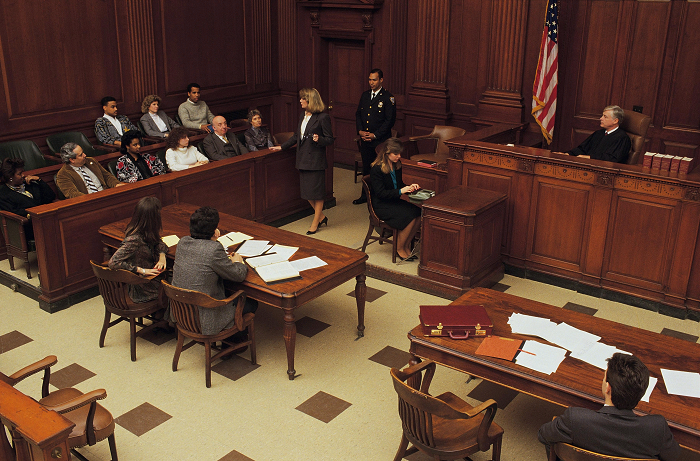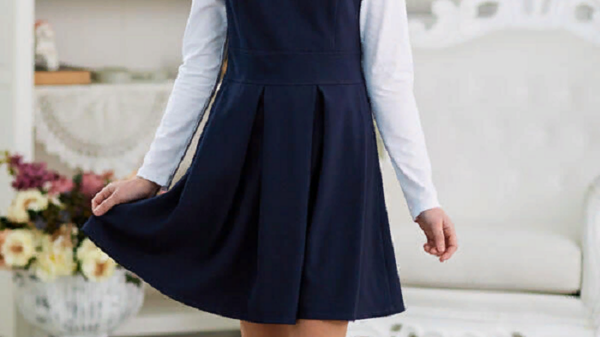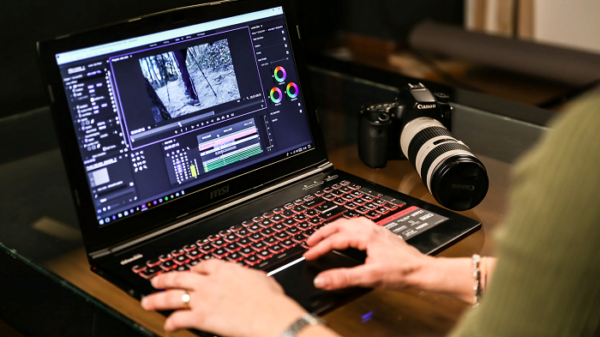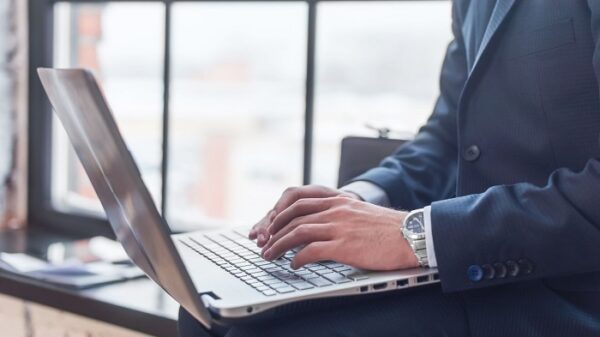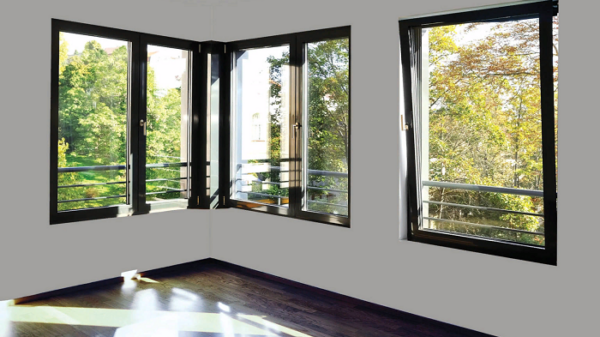Behind the program, dubbed the world’s first bot lawyer, is the technology startup DoNotPay, which uses artificial intelligence to protect the interests of consumers.
The AI will tell the accused how to answer the judge in real time using an earphone with Bluetooth capabilities.
Legal services are not cheap in Russia either, and in the States they can reach huge sums. This prevents some people from hiring a “regular” lawyer to handle civil or administrative cases.
Joshua Browder, Founder of DoNotPay:
Most people cannot afford legal representation. The use of AI will prove that courts allow the use of modern technologies in the courtroom.
The DoNotPay lawyer bot will broadcast the entire court session online, and the bot will give advice to the defendant, referring to specific legal norms. The defendants agreed to repeat to the judge exactly what the chatbot says. At least, this is the plan announced.
The bot lawyer will use GPT-J technology, an open source language model released by EleutherAI, a team of volunteer researchers, engineers and developers. GPT technology — stands for Generative Pre-trained Transformer — became known thanks to the launch of the ChatGPT bot from OpenAI. To train this program, the methods of teaching with a teacher and reinforcement learning* were used.
Browder argues that the use of AI is ideal for use in legal applications:
The law is almost like code and language combined, so it’s an ideal use case for artificial intelligence.
I think this is the biggest potential for GPT and big language model technology [at the moment].
Bot lawyer — how much is it legal?
The first case involving a robot lawyer is scheduled for February 22, Browder said on Twitter last week. He did not name either the defendant or the jurisdiction in which the trial will take place, due to fears that the judge will see through the plan and may prohibit the use of their artificial intelligence technology.
In other words, the startup wants to do something similar to what the students have already done — to test the capabilities of a lawyer bot in real conditions.
Recall that recently a student was able to defend a diploma written by AI.
In choosing the case, Browder identified two jurisdictions where his plan “was not outright illegal,” he tells Politico. Since some courts allow defendants to wear hearing aids, some of which have Bluetooth function, Browder decided that the technology could be legally used during the hearing. The first selected one will be reviewed on February 22 in person, and the second one, the date of which is not disclosed, will be conducted through Zoom. According to USA Today, Do Not Pay is considering another eviction case.
Founded in 2015, the startup previously used GPT technology to appeal bank fees and negotiate changes to Internet service providers’ tariff plans. Do Not Pay has also created templates that help people request refunds from the airline and challenge parking fines.
The upcoming hearing is likely to be the first time artificial intelligence will be used in court. However, similar technologies are already widespread in the legal profession. For example, large law firms regularly use AI to check a mass of legal documents at the early stages of litigation.
Nicholas Saadi, a lawyer at Pryor Cashman law firm who advises on the use of artificial intelligence in law and business, told Politico that Browder’s plan may contradict state laws that require lawyers to have a professional state license. In addition, he reminds that a bot lawyer cannot replace the ability of a human lawyer to improvise or understand body language.
Andrew Perlman, dean of the Suffolk University School of Law, told CNET that the use of artificial intelligence technologies in the legal system has more advantages than disadvantages, and can facilitate some routine legal tasks, such as sorting documents.
Browder said in an interview that he was aware of the shortcomings of artificial intelligence technology. Given the potential risk to the defendants, Do Not Pay plans to pay them for their participation and cover any fines related to the cases.
But Browder hopes that the experiment will help make legal services more accessible to those who cannot afford expensive lawyers.

